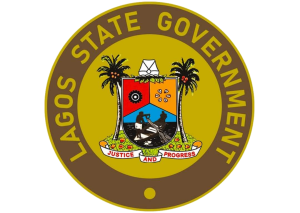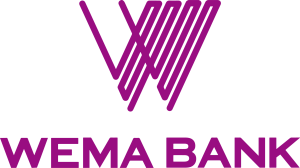Crisis communication is an essential aspect of any company’s public relations strategy. In Nigeria, companies face a unique set of challenges when it comes to crisis communication. From security issues to political unrest, companies must be prepared to respond to crises quickly and effectively. In this article, we will explore best practices for crisis communication in Nigeria and provide case studies to help you understand how successful companies have navigated crises.
- Develop a Crisis Communication Plan
Before a crisis occurs, it’s essential to have a crisis communication plan in place. This plan should outline the key steps your company will take in the event of a crisis, including who will be responsible for communication, how you will gather information, and how you will communicate with stakeholders.
- Be Transparent and Timely
When a crisis occurs, it’s essential to communicate with stakeholders in a transparent and timely manner. Share accurate information about the situation and what your company is doing to address it. Be honest about any shortcomings and communicate a plan to address them.
- Utilize All Communication Channels
In a crisis, it’s essential to utilize all communication channels to reach your stakeholders. This includes social media, email, press releases, and media outreach. Make sure your messaging is consistent across all channels to avoid confusion.
- Monitor and Respond to Feedback
During a crisis, it’s essential to monitor and respond to feedback from stakeholders. Respond promptly to questions and concerns and take feedback into account when making decisions. Use this feedback to adjust your crisis communication plan and improve your response to future crises.
Case Study: Dangote Cement’s Factory Shutdown
One example of a successful crisis communication response in Nigeria was Dangote Cement’s factory shutdown in 2018. The shutdown was caused by a technical issue, and the company was forced to halt operations at its largest plant for several weeks.
Dangote Cement responded quickly by communicating transparently with stakeholders and utilizing all communication channels. The company issued a press release explaining the situation and its plan to address it. Dangote Cement also used social media to keep stakeholders updated on the situation.
The company’s crisis communication response was widely praised for its transparency and timely communication. Dangote Cement’s stock price even increased during the crisis, indicating that investors were confident in the company’s response.
In conclusion, navigating crisis communication in Nigeria can be challenging, but it’s essential to have a plan in place to respond quickly and effectively to crises. By developing a crisis communication plan, being transparent and timely, utilizing all communication channels, and monitoring and responding to feedback, companies can successfully navigate crises. Contact Chain Reactions Africa today to learn more about how we can help your company develop a crisis communication plan and respond to crises in Nigeria.


































